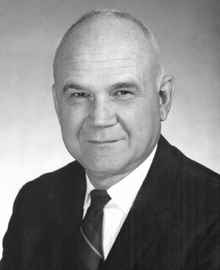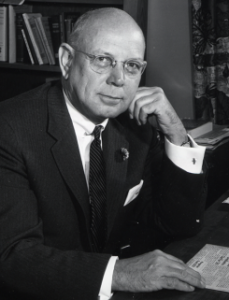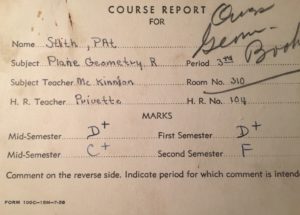Toward the end of my sophomore year at the University of North Carolina at Chapel Hill I was still undecided about my major. I had made up my mind to be a newspaperman but should I major in journalism or should I major in, say, English or, maybe, Political Science?
So I began asking around.
I asked my boss, Bob Quincy, the Sports Information Director at UNC. I worked there after I got out of class.
“How smart are you?” Bob asked me back.
“Well, so-so, I guess,” I replied. “Smart enough.”
And he said, “If you think you might have a problem, major in journalism. It’s a crip school.”

I also asked my advisor, Stuart Sechriest, who happened to be a professor in the School of Journalism. I told him what Quincy told me, that the J-School was a crip school. Sechriest said that won’t so, and he urged me to major in journalism.
I was leaning that way when the J-School offered me a scholarship. That made up my mind. My wife, Donna, and I had a baby on the way and we needed the money.

At the appointed time I showed up in Dean Norval Neil Luxon’s office to sign the paperwork. After we exchanged pleasantries he put his hand on the scholarship paper and pushed it across his desk for me to sign. But as I reached for it, he pulled it back.
“I hear you think this is a crip school,” he said.
I was caught off guard but I thought my response was pretty good: “That’s what I’ve heard, Dr. Luxon. But I wouldn’t know. I’ve never taken a class here yet.”
“Well,” he said, “I don’t think you find will it to be a crip school.” [Or did he say, “I don’t think you will find it to be a crip school.”]
He was right. I made some Cs, a few Bs, and one A. My grade point average in my journalism classes, my major, was lower than my grade point average in the general college.
Sechriest gave me the only “A” I got from the School of Journalism, in copying editing of all things. That was not my forte — I’m not what you call a good speller or all that careful with punctuation or verb tenses. Maybe it was payback for ratting me out.
Coming Friday: We Made Peanuts
